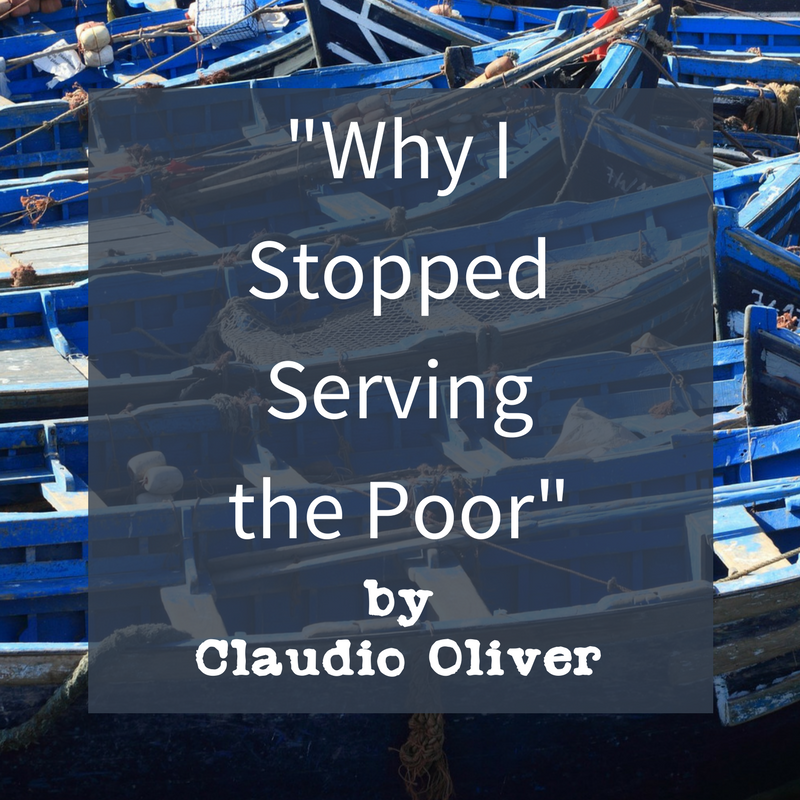|
A Smoldering Wick is currently self-published through Amazon, after having been published by a publisher that went out of business. Here’s five things I’ve learned along the way.
1. Self-publishing won’t make you a bestseller, but if you have solid content, it will make you a seller. Social media and the internet in general has made all of us more aware of less-known artists. Gone are the days where you have to be in the right place at the right time to become even marginally known for your creativity. I’m not convinced there are more artists out there now, we just know about more artists. This is good and bad. Good in that you, as an artist, have a chance to showcase your work to more than just your close friends and family. Bad in that it feels like you have to shout even louder or be super exceptional to make it ‘big’ (whatever that means). If you are a writer and want to write a book, but maybe don’t have a giant following, self-publishing may be the best option. In some cases, it may be the only option as most traditional publishers won’t take a risk on someone who doesn’t already have a following. (More on that later). 2. Self-publishing requires, nay, demands that you do some self-promotion. If you decide to self-publish, you are going to have to deal with the need to self promote. This doesn’t have to be [too] scary. Without a publisher providing a marketer, you must do your own marketing. This means being active on social media, creating a ‘brand’ identity for yourself and having your own website. (Use tools like website hosts, social media schedulers, and Canva for graphics). This also means you have to get creative and try to get your content out in other mediums such as podcasts and publishing articles that draw people to your book on sites that bring in traffic. This will then increase your following, which simply put, increases the amount of people who interact with your published content. This is why choosing a—one—social media avenue that you can really create a community around is important as an artist if you want to attract a traditional publisher eventually OR if you simply want to have a community of people to engage with on issues you care about. This may not be your goal. Figure out your long-term goals and move forward accordingly. I’d be lying if I said I don’t eventually want to write more books. I started my monthly #JustMissions Twitter chat to promote my book, but also to create a community of people with whom I can interact with about the topic of missions that is so near and dear to my heart. I absolutely love the people I have been able to interact with because of this twitter chat, and have been able to promote others and their work through it, which has been enriching because sometimes its easy to get caught up in the me-me-me of self-promoting and that usually drags me down really low. 3. Self-publishing, unless you are rich, means that you won’t be able to promote your book at conferences with potential readers. This is probably one of my biggest frustrations as a self-published author. Most of my potential readers are at justice-minded or missions-minded conferences, and I can’t get my book on a table there unless I am willing to dish out $1,000+ because the book tables are reserved for the publishers that partner with the conference. Unfortunately, conferences are simply going to have to be a place to network, not a place to sell. 4. Self-publishing requires you to find a good editor and a good cover designer on your own, and, therefore, still costs money and time. OK maybe require isn’t the best word there. It’s not a prerequisite, and most self-publishing companies have options for these services. But the beautiful thing about self-publishing is that you are in control. This means that you CAN work with a graphic designer you like, and you can work with an editor who knows you. So you can go with the services Lulu, Bookbaby, or Smashwords offers or you can find your own services and then go with a self-publishing company that does its pricing a la carte (some of those aforementioned do a la carte). All of these options come with a price (between $500 and $1,500) depending on what services you'll be using from them. In today’s world, I’d highly suggest making sure there is an e-book version of your book, especially if the content is universal or has a global interest. The nice thing about Amazon is that you get 70% of your royalties and you keep the rights to your book, so if Zondervan comes along and sees your book on Amazon that is actually self-published, they can buy the rights directly from you and Amazon won't take a cut. Amazon is also print on demand so they don’t have to shell out money printing up your book that may just sit on a shelf. Then there are other self-publishers who basically are under an umbrella of a traditional publisher but will charge you for their services and will have much more control over what you produce. However, these companies, like Westbow Press, do have some perks. When you pay them, depending on what package you purchase, you'll get both soft copies and e-book exposure on Amazon, Barnes & Noble and other big-name websites for e-books. They also promise that their parent companies, like Thomas Nelson and Zondervan, will see your stuff before they see other things because there is a connection there and then your second book maybe will get published by them. I'm not 100% convinced this is true, though it may have been for several authors. They'll do your cover art (if you think that's a perk), and they give you access to their editing services (although the details of that I am not sure). 5. Self-publishing isn’t the only route. There are two routes to traditional publishing: through an agent, OR if a publisher accepts unsolicited manuscripts. Agents can be hard to find, and from what I've read online, it sounds like if you don't know someone who knows someone, the only other way to get an agent is to go to a writing conference and network. I also tried finding an agent in college (yes I wrote a book in college) and it turned out I paid money to them and got no results. However, it's possible to submit your manuscript to online agents I'm sure, I just don't know how trustworthy they'd be. (Feel free to comment below if you know of some trustworthy ones!) The great thing about traditional publishing, is that while you might not have as much control as you'd like, the publisher does a lot of the networking and some of the marketing work (but certainly not all, and I’m hearing its less and less these days) and they have a vested interest in making your book succeed. I was told by one of my graduate professors who has published two books traditionally that her first book made neither the publisher nor her any money, and she advised me to be wary of any company promising to make me rich. I have found some Christian publishers that accept unsolicited manuscripts, some desire the whole book to be sent in, while others only ask for a chapter or two. Most of them want a CV, a book summary and a few other things from you. Whereas it would be kind of nice to know whether or not a publisher will invest in you before you get too far along in the process, it seems like you have to have a good chunk of the book written before they even want to look at you. I imagine there are more, but here is a list of Christian publishers I've found that accepted unsolicited manuscripts at the time of researching. Still, look at different publisher sites and check out if they take unsolicited. Some always take them, others only take them in intervals and under certain categories. Chosen books bakerpublishinggroup.com/chose/contact/submitting-a-proposal New Leaf Publishing nlpg.com/submissions Orbis Books orbisbooks.com/submission-guidelines.html
1 Comment
|
Gena's
|


 RSS Feed
RSS Feed

